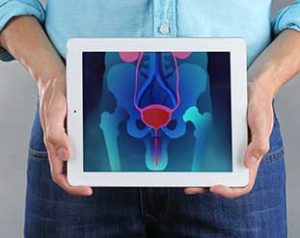Consult City's Top Doctors, The Minute You Need To
First Consultation starting
@ ₹349 ₹599
2844
Pulmonologists
79562
Cases done
by Pulmonologists
1518
Hospitals
All you need to know about pleural fluid sampling
What is Pleural Fluid Sampling?
Sometimes fluid gets accumulated in the space between the lungs and the rib cage or the diaphragm, which may cause some infections or diseases. This is known as pleural effusion and is detected on a chest x-ray. When such a fluid is sampled, it is known as pleural fluid sampling and is important as it allows the doctor to understand the reason behind the accumulation of the fluid and how to treat it. A needle can be used for the process of sampling.
When is Pleural Fluid Sampling recommended?
A pleural fluid sampling is recommended if the symptoms of pleural effusion are observed. The symptoms of pleural effusion include chest pain particularly when breathing in deeply, dry cough, difficulty in breathing, fever, persistent hiccups, difficulty in breathing when lying down, and difficulty in doing physical activities.
Preparing for Pleural Fluid Sampling Test
- For permitting the doctor to perform the test, you will have to sign a consent form.
- Ultrasound, chest x-ray, or CT scan may be performed before and after the test.
- The doctor must be notified if you have had allergic reactions to lidocaine.
- The doctor must be notified if you are taking aspirin or non-steroidal anti-inflammatory drugs.
- One should try not to cough, move, or breathe deeply during the test.
Understanding Pleural Fluid Sampling results
Normal Results: Less than 20 mm of clear and yellowish fluid means that the result is normal.
Abnormal Results: Cancer, trauma, infection, heart failure, severe malnutrition, or cirrhosis may be indicated by abnormal results; hence, it is necessary to consult a specialist who can be available at mfine.
Other Specialities
Give a missed call to 08061914343 to Download the App
































